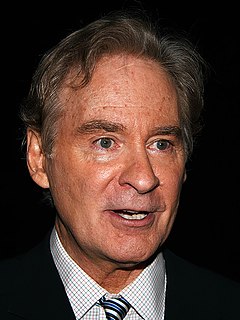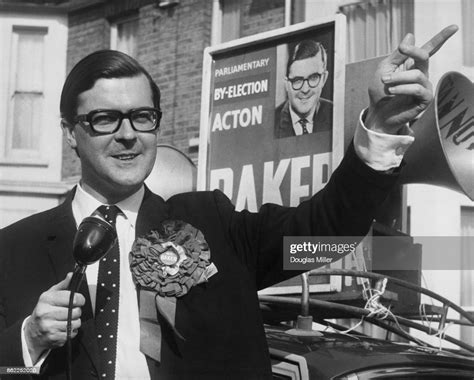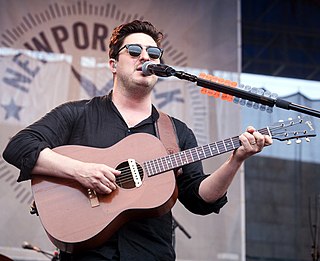A Quote by Sophie Marceau
Oh, I'm not English, I cannot talk on behalf of an English person. I'm French. I can say about French. They are quite emotional, though, and they talk about their emotions
Related Quotes
There was never a choice to sing in English or French, that's the thing. We started a band and sang right away in English. You reproduce the thing you like, and most of the bands we liked were coming from England or the U.S. We also came to cherish the fact that there was no one in France singing in English -we were so happy Phoenix to be the first. Even if we are traitors to France, our country, which I'll never understand, because we talk about things that are very French.
I think the French agonise more about being French, I don't think English think about being English that much. I think the Scottish think about being Scottish and the Welsh think about being Welsh, but the English don't really care. But the French think about it all the time, it's an absolute preoccupation.
An important United Nations environmental conference went past 6:00 in the evening when the interpreters' contracted working conditions said they could leave. They left, abandoning the delegates unable to talk to each other in their native languages. The French head of the committee, who had insisted on speaking only in French throughout the week suddenly demonstrated the ability to speak excellent English with English-speaking delegates.
It's a common mistake for vacationing Americans to assume that everyone around them is French and therefore speaks no English whatsoever. [...] An experienced traveler could have told by looking at my shoes that I wasn't French. And even if I were French, it's not as if English is some mysterious tribal dialect spoken only by anthropologists and a small population of cannibals.
You never know what little idea or joke, what flame flickering really quickly, will become a song. That first idea, it can come any time. If it's in Spanish, you go on in Spanish. If it's in French, French. If it's in English, English. Or Portuguese. I'll try to do my best. I like Italian, though I don't speak it much.
I've done many, many French movies and many, many English movies. I think it frees something when you don't talk in your mother language, but I also think you withdraw something as well. I'm a French actress, and sometimes I speak in English-speaking roles. For me, being an actress was always being a traveler. It goes together.



































